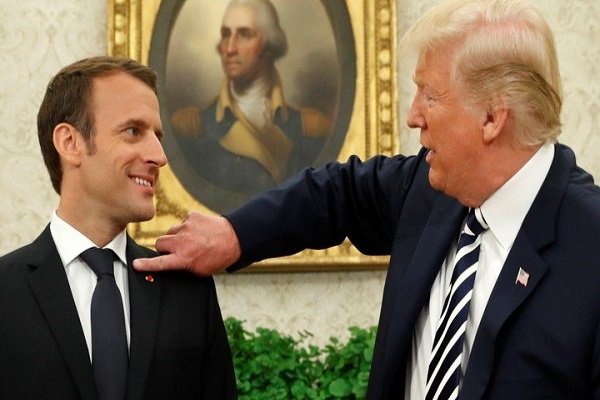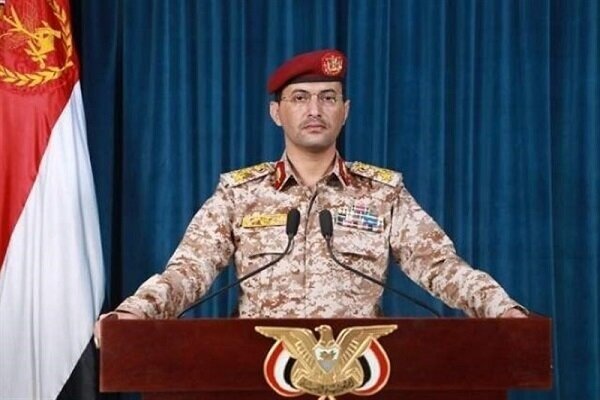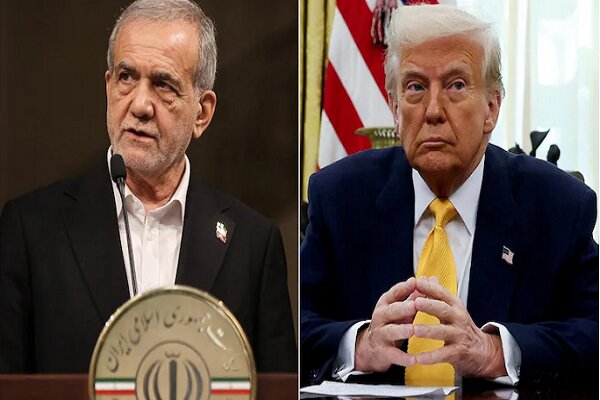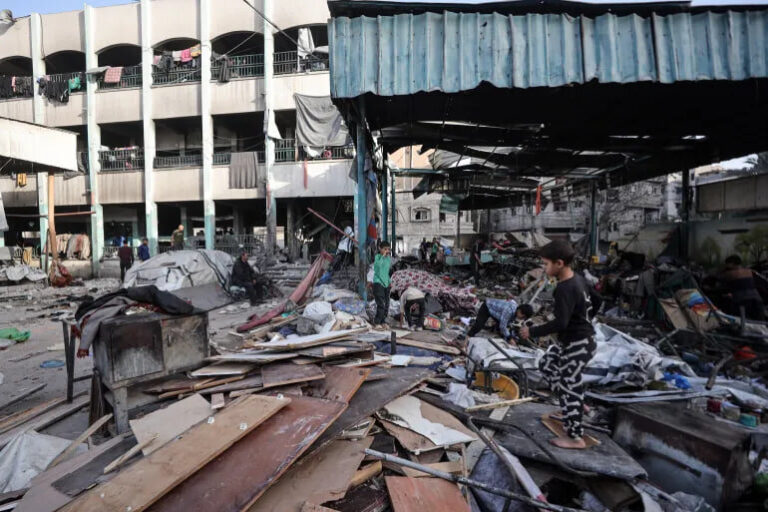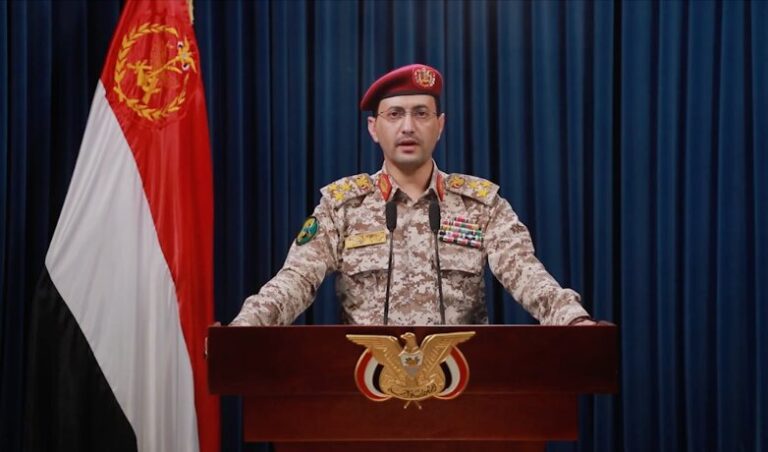Will France’s Advocacy for Palestinian Statehood Push the US to the Sidelines?
French President Emmanuel Macron is taking significant steps towards recognizing Palestinian statehood, a move analysts believe positions France as a “more mature, reliable partner” on the global stage, especially in contrast to the increasingly isolationist United States under President Trump. In a recent television interview on April 8, Macron expressed his intention for France to make concrete advancements towards recognizing a Palestinian state in the coming months.
Monica Marks, a professor of Middle East politics at New York University Abu Dhabi, commented on Macron’s ambitions, stating, “He’s a young and ambitious politician with enthusiasm to take up the mantle of ‘Leader of the Free World’ as the US exits or destabilizes Western alliances.” In this context, she noted that Macron appears to be the most charismatic Western leader capable of guiding the European Union towards a strategy that is “independent of Washington.”
Macron’s support for Palestinian statehood signifies to the global community that France is a more independent actor, less constrained by Washington’s preferences. He has advocated for a renewed push towards negotiations aimed at resolving the long-standing Israeli-Palestinian conflict. On April 7, he announced that Paris would co-host a United Nations conference with Saudi Arabia in June, focusing on a two-state solution. Macron argues that Israel’s long-term security is contingent upon the establishment of a Palestinian state, aligning with the perspectives of several Arab nations, including Saudi Arabia and Qatar, which are resisting US pressure to normalize relations with Israel unconditionally.
To bolster his position, Macron has developed strategic partnerships with countries such as Riyadh and Egypt, which play critical roles as mediators in the ongoing Israel-Gaza conflict. During his visit to Cairo on April 6, he met with Egyptian President Abdel Fattah el-Sisi and Jordan’s King Abdullah, reiterating support for Egypt’s reconstruction plans in Gaza and advocating for governance by a reformed Palestinian Authority.
In addition, Macron has openly opposed Trump’s controversial proposal for a lavish resort in Gaza that would forcibly relocate approximately 2 million Palestinians to Egypt and Jordan, an idea that both of those countries have firmly rejected. While Trump appears to have withdrawn support for the relocation plan, it has been favored by several Israeli ministers, who see it as part of a more aggressive strategy to annex Gaza and the West Bank, jeopardizing the potential for Palestinian statehood.
Narrow Window for Diplomacy
France’s push for Palestinian recognition comes at a precarious time, with escalating Israeli military actions in the West Bank. French political analyst Souhire Medini warned, “The prospect of a two-state solution is made more difficult by the day.” She highlighted that any official Israeli annexation of the West Bank would effectively make a Palestinian state “virtually impossible,” indicating that France’s call to action is directly linked to the deteriorating conditions in the occupied territories.
Macron’s strategy to recognize a Palestinian state could send a powerful message to both the Middle East and the Global South, showing that not all Western nations are aligned with the policies of the Trump administration and Israeli Prime Minister Benjamin Netanyahu. According to Giorgio Cafiero, CEO of Gulf State Analytics, Macron’s plan “sits well with many in France and other EU members,” some of whom have already acknowledged Palestinian statehood amidst an ongoing conflict that the UN has described as tantamount to genocide.
- France’s recognition of a Palestinian state would significantly add momentum to the global push for Palestinian rights.
- This move could pressure other Western democracies, including Britain, to reconsider their stance on Palestinian statehood.
- France’s historical support for Palestine at the UN in 2012 has already garnered significant backing from EU countries.
Even though France may have limited direct influence on the situation in Gaza, its ability to coordinate with like-minded Western nations and Arab partners amplifies its voice in international discussions. Medini pointed out that France’s 2012 vote in favor of Palestine’s non-member observer status at the UN played a crucial role in garnering support for the proposal across Europe.
If France were to extend diplomatic recognition to a Palestinian state, it could initiate a “diplomatic domino effect” that isolates the United States further, according to Marks. Amid increasing casualties in Gaza and Israel’s military actions in Lebanon and Syria, Washington’s unwavering support for Netanyahu’s government has created discontent among Gulf Arab leaders and their citizens. Cafiero observed that this has fostered a perception in the Gulf that US policies contribute to instability in the region.
Macron’s diplomatic efforts aim to communicate to Gulf Arab states that France embodies a more reasonable power, advocating for a balanced approach to security issues in the Middle East. Jean-Loup Samaan, a senior research fellow at the National University of Singapore’s Middle East Institute, remarked that Macron perceives Washington’s isolationist stance as an opportunity to appeal to Gulf leaders who are eager to diversify their international alliances.
Macron’s “third way” approach, which promotes strategic autonomy for middle powers, aligns with countries like the UAE that seek to reduce their dependence on the US. This strategy is part of France’s broader foreign policy, evident in its Indo-Pacific strategy and partnerships such as the France-India-UAE trilateral initiative launched in 2023. These minilateral partnerships reflect Paris’s desire to assert a global role rather than merely filling a vacuum left by the US.
Despite Macron’s vigorous diplomatic initiatives, analysts caution against overstating France’s influence in the region. While France plays a role in the geopolitical landscape, it cannot supplant the US as the primary security guarantor for the Gulf states, even amidst growing frustrations with American foreign policy. Medini noted that Macron’s actions reflect Paris’ ambition to balance strategic partnerships with commitments to multilateralism.
Ultimately, whether Macron’s efforts lead to significant outcomes or remain symbolic gestures, they highlight his determination to establish France as a diplomatic heavyweight in an increasingly fragmented global environment.
Written by Tom Hussain, an Islamabad-based journalist.
Republished from: South China Morning Post (SCMP)
